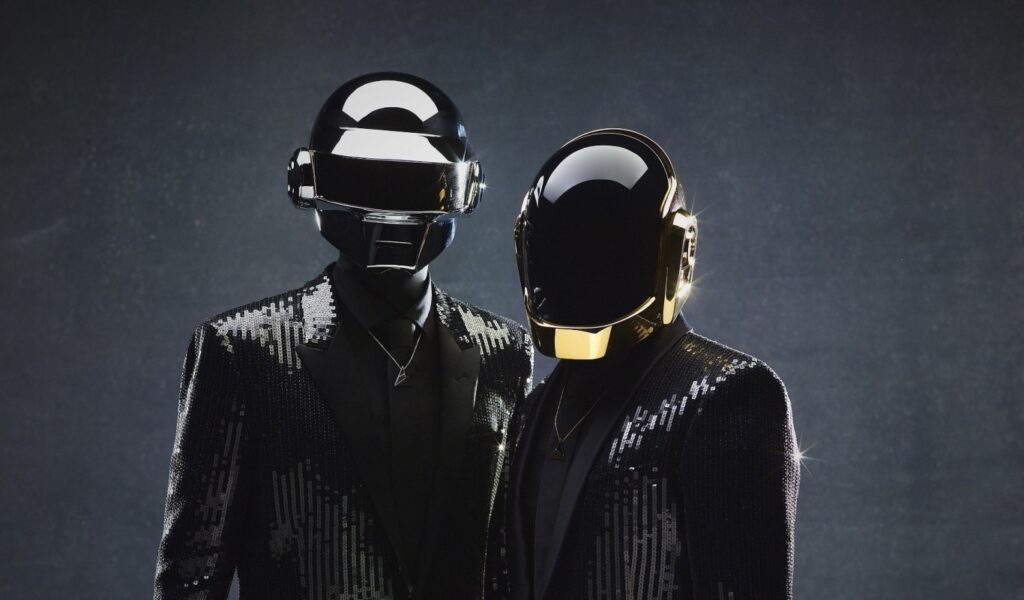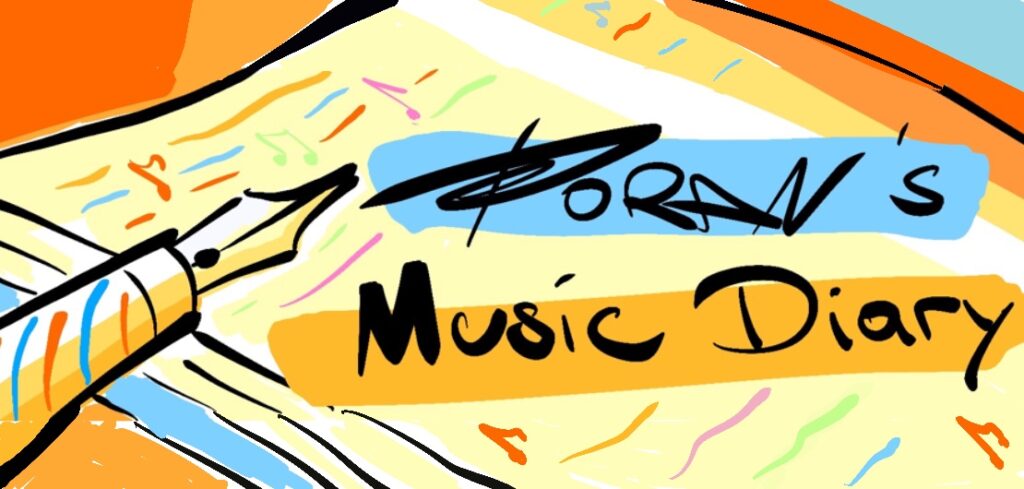I posted constantly for nearly a year, but I have been barely active on social media for 6 months. Now I’ve experienced making music with and without social media as an indie artist, what’s the verdict?
The Bad Sides of Social Media As An Indie Artist
I can’t explain the story of my relationship with social media without giving the reasons that made me leave it. But by now I think everyone accepts a few things about social media. Due to the way we use it, it has the following problems:
-Things feel very superficial on social media. Low brow / low effort content is the mainstay of most platforms
-Social media is not really social. It can encourage people to spend more time looking at their phones instead of socialising in real life
-Social media brings a lot of attention to performance metrics on posts. This can take focus away from the artistic value of things
Put short, since it’s humble beginnings social media was designed and built on an ethos that does not align well with my own values: Trends are favoured compared to completely original ideas and metrics are the main focus for value. Promoting art may feel like a soulless experience as a result on social media as an indie artist, looking at metrics and trying to hit a trend just right to get views up. The worst thing about it is that I found there was close to no correlation between my music streams and social media following. So in a way, the efforts felt wasted: I may have gotten a few thousands views on a reel, but what is that worth to me if no one in those thousands go to stream my songs?
The Mismatch In Metrics
After doing a bit of competitive benchmarking with artists roughly in my ballpark, I found this mismatch is massive. But interestingly, it seems to go both ways. While some artists have great social media followings with relatively low music streams, others seem to gather millions of streams but with a fraction of the social following. What does this mean?
It could just be a sign of which platform an artist is investing the most promotion and marketing efforts in. If an artist e.g. spends a lot of time and effort making it to a Spotify playlist, they may get a lot of streams despite having a low social media presence and vice-versa. But does this mean that if said platform disappeared, their success on there would be erased and they would have to start again? It sure is scary to think so much of your success may be controlled by a single platform you posted on.
Social Media As The Medium For Music
The other explanation would be that new types of artists appeared with the advent of social media: social media artists. I have found many artists who primarily use social media to express themselves, often using some sort of consistent format and posting very regularly. For the vast majority, these accounts include some sort of comical / meme element to make it more suited for social media. Great examples of this sort of account could be the very talented Venjent or Carter Vail, just to name a couple. They usually can gather hundreds of thousands of followers, even millions.
But when you go on their Spotify, you often find the monthly listener number is just a small fraction of that. Maybe it is that most people followed that artist because of their social media presence and their aesthetic. Many may like the music, but all came in the first place because of the videos on social media. So it wouldn’t be a massive jump to assume some of the people following these artists may not actually be fans of their music necessarily, but rather a fan of the artist in general. This includes music as part of it, but also reels, posts, brand image, overall vibe etc…
Social Media and Musical Purism
So are these types of accounts not ‘true’ musicians then? For a long time I took this line of thinking, only to realise it is a form of gatekeeping… See, I was obsessed with this idea of ‘pure’ music, ‘real’ musicians. You know, the people that perform ‘really’ live. The sort of people who don’t use autotune. The sort of people who don’t mess around editing a takes for hours just to write ‘one perfect take!’ in the post description. In a nutshell, I was obsessed with the idea of ‘TRULY’ talented musicians getting the success they deserve as opposed to musicians that are ‘less’ talented and fake things / rely on ‘cheap’ trends to gain popularity.
There are two problems with this way of thinking. A) it definitely is unfair to try and define and decide what a ‘true’ musician and ‘true’ talent is. And B), unfortunately there are some examples from the music industry that justify this argument. This fed my delusions about social media as an indie artist for a while. When you look at the grand scheme of things, raw talent does seem to matter less and less because production is becoming better at compensating for mistakes in recording or composition. So much so that an artists’ image and brand nearly seem to matter more now than the music itself a lot of times.
The ‘Branding’ Shift For Social Media As An Indie Artist
Branding was always an important part of music, but now it nearly has become the only part of music. But the issue is, can you really blame anyone for getting success in the way they wanted to achieve the things they wanted? Does it really matter if that success is not just about ‘pure’ music, if nearly no one is as much of a music purist as me? Well, no. It doesn’t matter. Being good at branding and promotion is a talent in itself after all. Not to mention, it doesn’t mean the music isn’t a priority as well. It’s just a different vision of musical success compared to my ideal version of an artist. And the only person who really cares about that side of things is me, aside maybe a small group of like minded people. Most listeners though probably don’t care, and that’s fair enough!
Dig Deep

I grew up in the 90s and 00s with Gorillaz and Daft Punk being some of my favourite artists. They didn’t ever show their face. They released music every now and then with cryptic animations to go with them. That was it. People found and followed them for that. Music first, branding second. Maybe that is what shaped my vision of what ‘true’ musical talent should look like. The idea that the focus should be on the music itself, not anything else.
But in reality, trends opposing that already existed long before then. The Rolling Stones were popular for their music, but their stage presence helped. You could argue the way they acted on stage made them if not more, then at least as much of a name than their music itself.
Media Is What We Make It
It’s here that I reached a real turning point in my reflection on social media as an indie artist: I realised the reason I hated it was because it did not reward artists and accounts based on their merit considering my own vision of merit. I had forgotten that, since decades before social media even existed, many people were happy to follow an artist because of their brand without knowing much of their music. On top of that, many people made it big in music without me thinking they were talented long before I was born, and Facebook had nothing to do with it!
The reality is, no one has the same values around art, and mine can be very… Strict. So, of course I was not happy with the standard. My problem was really that social media held up a mirror to trends that existed in society that I already knew and disliked. But realising that very fact completely shifted my perspective. It left me feeling more open to engaging with social media as an indie artist with less negativity.
The Good Sides of Social Media As An Indie Artist
When I finally understood where my dislike of social media came from, I was able to see the positives in a new light. I came back to my original vision: media is what you make it. The truth is artists wouldn’t grow the same way today as the time of when my favourites like Daft Punk came to popularity. If they started from scratch today, they’d probably be on social media too, despite having something to say about it. Daft Punk were known to hate television, yet you could see their music on there.
Today, social media is the best way to get people to be aware of something. With a short post, you can reach thousands of people and tell them about your music. Whether they go listen is something else, and that’s fine. Secondly, some platforms are great places for exchange. TikTok in particular is a great place to chat with other artists in the comment section and feel less alone in our endeavours. Third, it is the best way to bring communities together easily. There is just no way around it. Announcing a gig on social media will make it more likely to be seen compared to physical ads. Finally, if you find it fun, you can find success solely on social media. This is great for artists who do not want the life of driving around entire countries doing gigs.
Verdict
A year and a half ago when I returned to social media, I resolved to be less rash in my decision making. As a result, instead of deleting my accounts again when I felt done with it, I had a hiatus. I thought about it for a while. As you can see, my opinion has changed massively in that time, and I have no regrets. Taking time off has made me realise that despite its’ obvious flaws, social media is not as bad as the lens I was seeing it through. Now I feel up for it again, I can resume being a bit more active on social media at my own pace.
